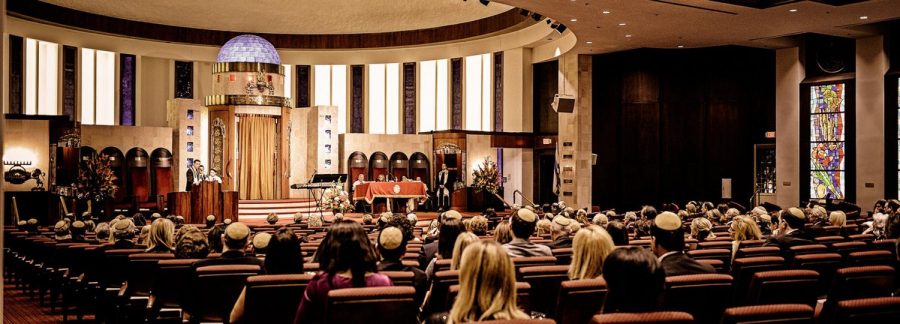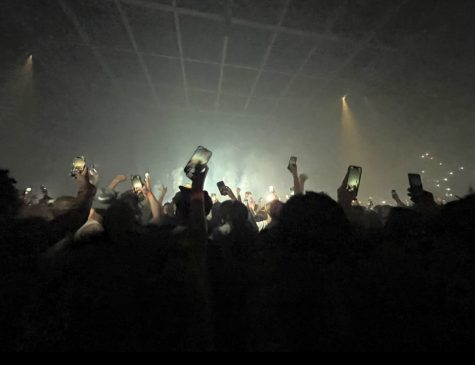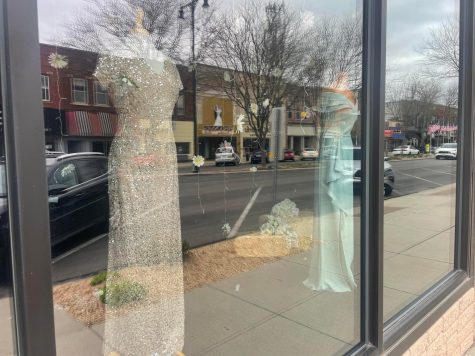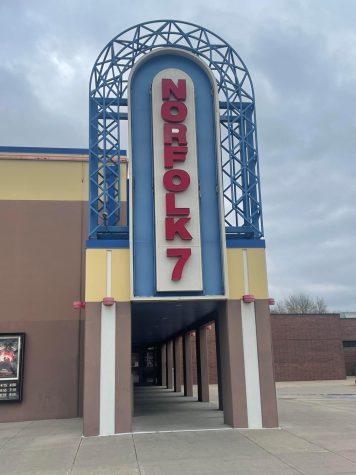Florida synagogue bomb plotter gets 25 years. But his first stop is prison mental ward
November 28, 2017
MIAMI — A Hollywood man who pleaded guilty to trying to blow up an Aventura synagogue suffers from such acute psychosis due to a cyst in his brain that he will be placed in a U.S. prison’s medical facility while serving at least 25 years, a federal judge in Miami ruled Tuesday.
James Gonzalo Medina, 41, who was arrested last year on a charge of attempting to use a weapon of mass destruction against the Aventura Turnberry Jewish Center, will be treated and then likely placed in a general prison population, Judge Robert Scola said.
“This is a very, very serious offense,” Scola said, noting that without the FBI’s “intervention,” many Jewish people at the synagogue could have died as a result of Medina’s bomb threat.
The actual bomb — sold to Medina in Hallandale Beach by an FBI undercover operative just before the planned terror attack — was a dummy, authorities said.
During Tuesday’s hearing, Medina, who has a previous criminal history, urged the judge to place him in a U.S. prison’s medical facility so neurological experts can evaluate and treat his brain condition. “I just need help,” Medina told Scola. “I need help, your honor.”
Medina said he became a Muslim and lost his wife and children before he carried out the bomb plot. “I lost my mind,” he said. “I lashed out.”
During an earlier plea hearing in Miami, Medina seemed reluctant to accept responsibility for the planned synagogue terror attack, suggesting he was “manipulated” by a federal confidential informant and an FBI undercover employee. But when questioned repeatedly by Scola, Medina admitted he was guilty of plotting the bombing to kill innocent Jewish people with the goal of publicizing the deadly attack to give credit to the terrorist group ISIS.
Medina, who has mental health problems but was found competent to stand trial, pleaded guilty to the weapons of mass destruction charge as well as a hate crime of attempting to damage religious property. But in doing so, he avoided a possible maximum sentence of life in prison. Under the terms of a plea agreement, federal prosecutors Marc Anton and Michael Thakur and public defenders Hector Dopico and Eric Cohen jointly recommended a maximum prison term of 25 years.
Under a side agreement, prosecutors also said they did not oppose the defense’s request that Medina be sentenced to a prison with a mental health facility for a “provisional” life term so he could receive treatment for his brain condition. But after receiving that treatment, Medina would be transferred back to a regular prison and would only serve 25 years in total, according to the agreement. Judge Scola adopted it on Tuesday. Since his arrest last spring, Medina has been in custody at the Federal Detention Center in downtown Miami.
Dopico highlighted his client’s mental health issues, saying “he has something in his brain that continues to grow.”
“The tragedy to this case is that, had this been spotted and removed in 2007, we might not be here today,” Dopico told the judge.
At his plea hearing in August, Medina told the judge that he preferred the option of getting treatment in a prison with a mental health ward. “I do need to be sent to a mental institute,” he said. “I have been Baker-Acted before, so I’m willing to take the offer.”
During the undercover investigation in spring of last year, a federal confidential informant met with Medina and two of his associates and discussed the attack plan on the synagogue for the first time, according to a plea statement and a previous FBI affidavit. Medina initially wanted to execute the rampage with an AK-47 assault rifle but shifted to a bomb plot.
In April 2016, Medina talked about the timing of the assault with the FBI informant, suggesting it could be carried out on the Jewish holiday, Yom Kippur — not realizing the upcoming holiday was Passover, the documents said.
“That’ll be a good day to go and bomb them,” said Medina, who was recorded by the informant.
Then, the conversation turned to who would claim responsibility for it. Medina said he liked the informant’s idea of using the name of a notorious terrorist group — Islamic State, or ISIS — to assume responsibility. “Yeah, we can print up or something and make it look like it’s ISIS here in America,” he said. “Just like that.”
Medina, who told the informant he had converted to Islam four years ago, said the planned attack would inspire other Muslims. “It’s a war, man, and like it’s time to strike back here in America,” he said.
An FBI undercover employee introduced to Medina questioned him about his resolve to carry out the deadly plot. “You’re sure this is something you want to do?” the employee asked. Medina answered: “I feel like it’s my calling,” adding that he was “comfortable” with killing innocent women and children.
The employee sold Medina an “inert” bomb in a Hallandale Beach parking lot, and together they drove to the synagogue. Medina exited the car and carried what he believed to be an explosive device. He was arrested by FBI agents as he attempted to place it near the synagogue.
















